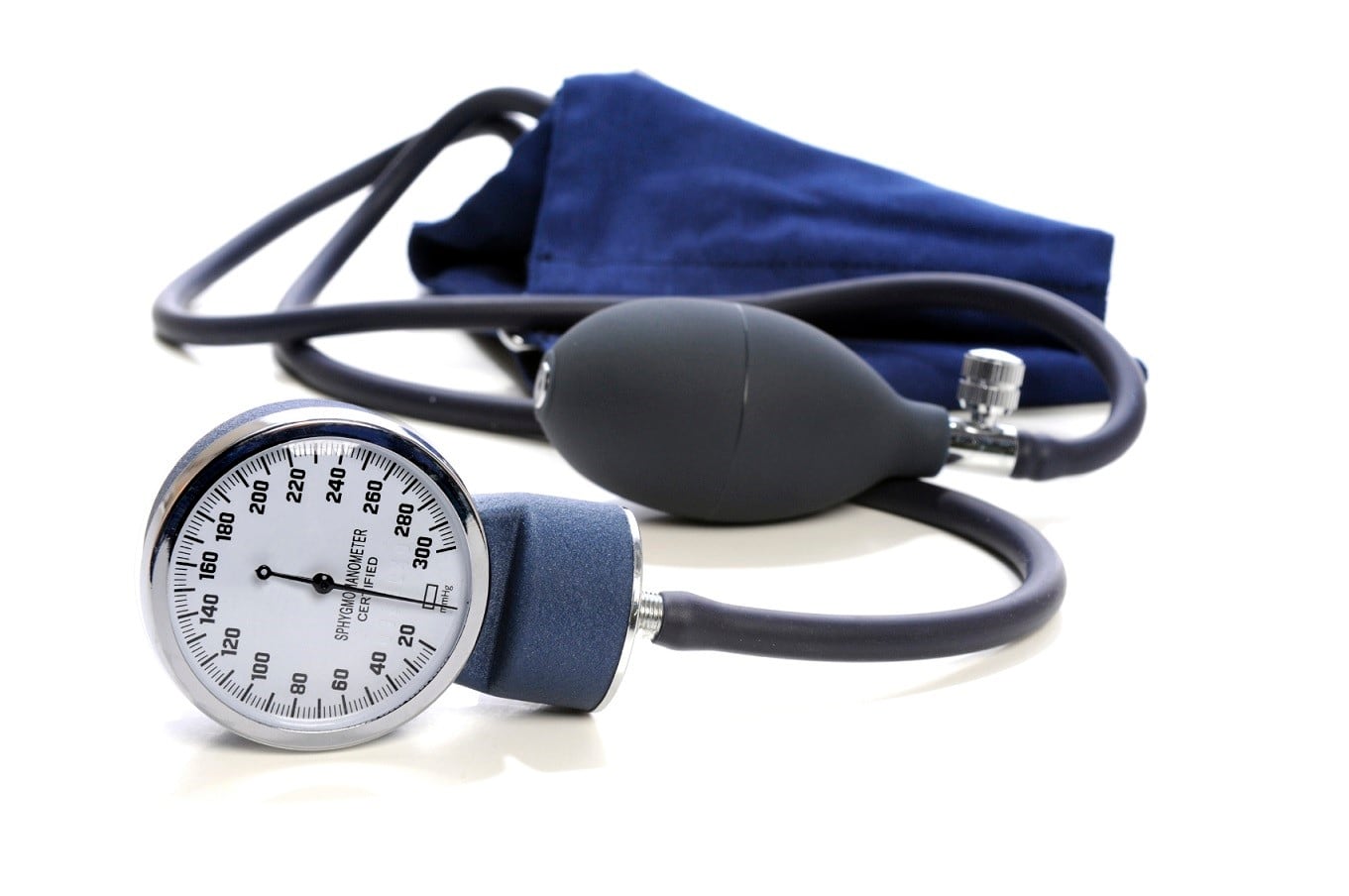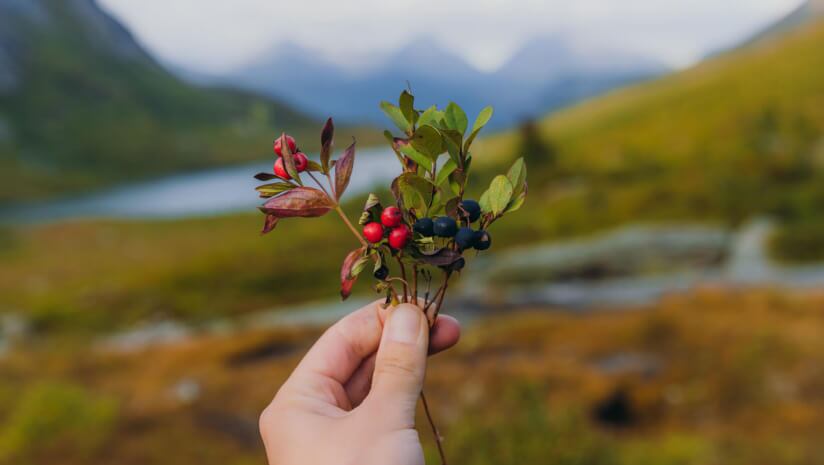The juice, based on red grape (Vitis vinifera), chokeberry (Aronia melanocarpa), cherry (Prunus cerasium) and bilberry (Vaccinium myrtillus), was found to reduce systolic blood pressure and the variability in blood pressure, compared to placebo.
Adding blackberries to the mix did not significantly affect the results, wrote researchers from the University of Oslo and the Norwegian Institute of Food, Fisheries and Aquaculture Research in the British Journal of Nutrition.
“The present study, which is the first placebo-controlled intervention study on the effects of berry juice on blood pressure, strongly indicates that polyphenol-rich berry juice alone can reduce blood pressure and short-time blood pressure variation,” they wrote.
Study details
The Norwegian researchers recruited 134 healthy people aged between 50 and 70 to participate in their 12 week randomized, double-blinded, placebo-controlled trial. The participants were randomly assigned to one of three groups: The first group received a placebo group, the second group received the juice made from red grape, chokeberry, cherry and bilberry called MANA Blue; and the third group received the MANA Blue with additional blackberry juice, which they called Optijuice.
Systolic blood pressure was reduced by an average of 6.9 mmHg for the combined polyphenol groups after six, compared to placebo, but no differences with placebo were observed after 12 weeks, they wrote.
“We were surprised to observe that the reduction in systolic blood pressure was most evident in the intervention group after 6 weeks (6.4 mmHg, pooled group) while only a 0.8 mmHg further reduction was detected between weeks 6 and 12,” they wrote. “This time course could reflect the reduction of anthocyanins we observed in both juices over time. However, we did not observe any differences in the effect on SBP1 between the Optijuice and the MANA Blue groups at neither 6 nor 12 weeks, although the Optijuice contained five times more anthocyanins at both time points.”

When the researchers split the participants into people with normal blood pressures (normotensives)and people with elevated blood pressures (hypertensives), they found that the reductions were more pronounced in the latter group.
“Our results suggest that a possible mechanism of the beneficial effects of fruits and berries for CVD protection could be through reduction of the stress-sensitive blood pressure and not necessarily reduction of the resting blood pressure.
“If future studies can confirm these findings, we suggest that such juice may be beneficial for subjects with high blood pressure and may contribute to postpone introduction of hypertensive drugs.”
Source: British Journal of Nutrition
October 2015, Volume 114, Issue 07, Pages 1054-1063. doi: 10.1017/S0007114515000562
“Polyphenol-rich juices reduce blood pressure measures in a randomised controlled trial in high normal and hypertensive volunteers”
Authors: T.E. Tjelle, et al.


